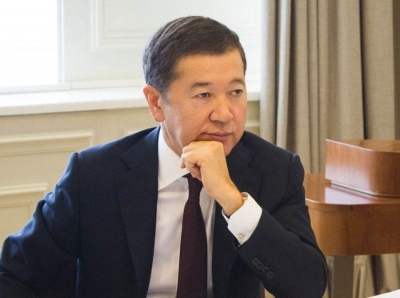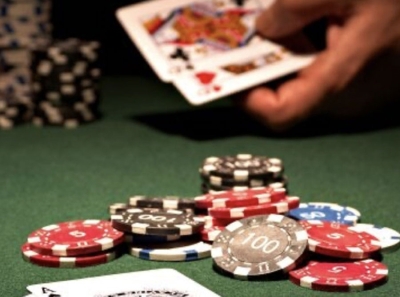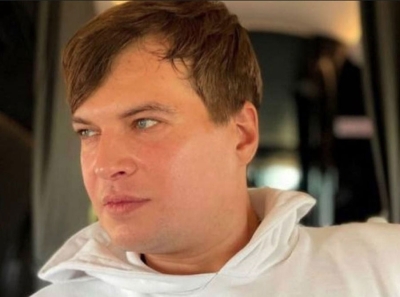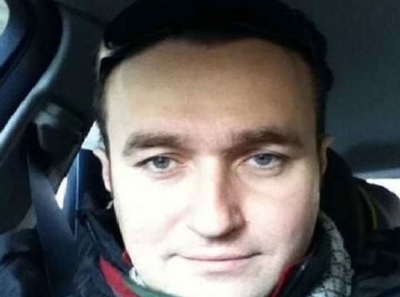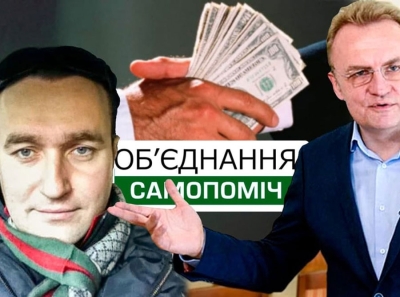Pride Month in Europe: parades and conflicts
On 28 June 1969, gays, lesbians, transgender and other queer people rioted for the first time when New York City police raided the Stonewall Inn, a gay club on Christopher Street. The uprising triggered further protests and Pride parades against the criminalisation of LGBTQI+ across the globe. June has now become Pride Month worldwide. The press takes a look at equality in Europe.
Propaganda does not change the facts
The Pride parade was banned in Istanbul, and a gathering for a Trans Pride parade in Taksim Square on 18 June was broken up by the police. Artı Gerçek admonishes:
“We understand very well what the problem of the state and the AKP is. ... In order to squeeze the whole of society into a specific holy family fantasy they will try to spread homophobia and transphobia through all channels. ... This is madness! It is downright tyranny. It will certainly harm society and destroy many people. But it’s unlikely that this strategy will succeed. Trans people exist. Homosexuals exist. LGBTI+ people exist. And no insidious propaganda mechanism can erase these facts.”
Fomenting hate as a diversionary tactic
Minorities are once again being used as scapegoats, Új Szó believes:
“The worse the economic and general living conditions are for 99 percent of the population, the clearer it becomes to the ruling politicians, oligarchs and corporations that they need scapegoats to divert attention from their responsibility for the deteriorating situation. That’s where the various minorities come in handy. As many places fly the rainbow flag in June, the far-right machinery attacks LGBTQ people all the more fiercely.”
Same-sex marriage soon no longer a big issue
The Estonian parliament voted to legalise same-sex marriage in a confidence vote on Tuesday, under protest from the opposition. For Eesti Päevaleht this is a logical step:
“The passing of the marriage law in parliament is undoubtedly historic. ... A coalition that calls itself liberal has been in power for years in Estonia. It would have been incomprehensible to voters if a government with such a clear mandate had not taken this progressive step. The vote was made without coercion, as the number of members of the coalition who abstained demonstrates. The example of Finland shows that after the introduction of marriage equality the issue will soon be behind us and we will be able to focus on what really matters.”
Will Poland be next?
Poland could follow in Estonia’s footsteps and allow same-sex marriage after the parliamentary elections, cultural anthropologist Katarzyna Przyborska comments hopefully on Krytyka Polityczna:
“On Sunday, a magnificent Equality Parade marched through Warsaw, and the city celebrated until the early hours of the morning. We can interpret the news from Estonia as a good sign, we can see it as an indication of what’s to come. The combined forces of liberals and social democrats have a chance to get us out of the situation we are in under PiS rule. I hope that after this autumn’s elections marriage equality will become a reality for us as well.”
Divisive wokeism
Rzeczpospolita comments on a dispute within the Polish LGBTQI scene at this year’s pride parade in Warsaw:
“Another contradiction that marked this year’s event concerned a phenomenon that, after a delay, has now reached Poland. A large number of homosexuals boycotted the parade in protest against its ‘appropriation’ by transsexuals and people who identify as non-binary. The dispute between these two ‘subgroups’ of the LGBT movement is arguably the sharpest front in the ideological debate in the West at the moment. It perfectly illustrates how the ideology of woke consciousness bites its own tail.”
